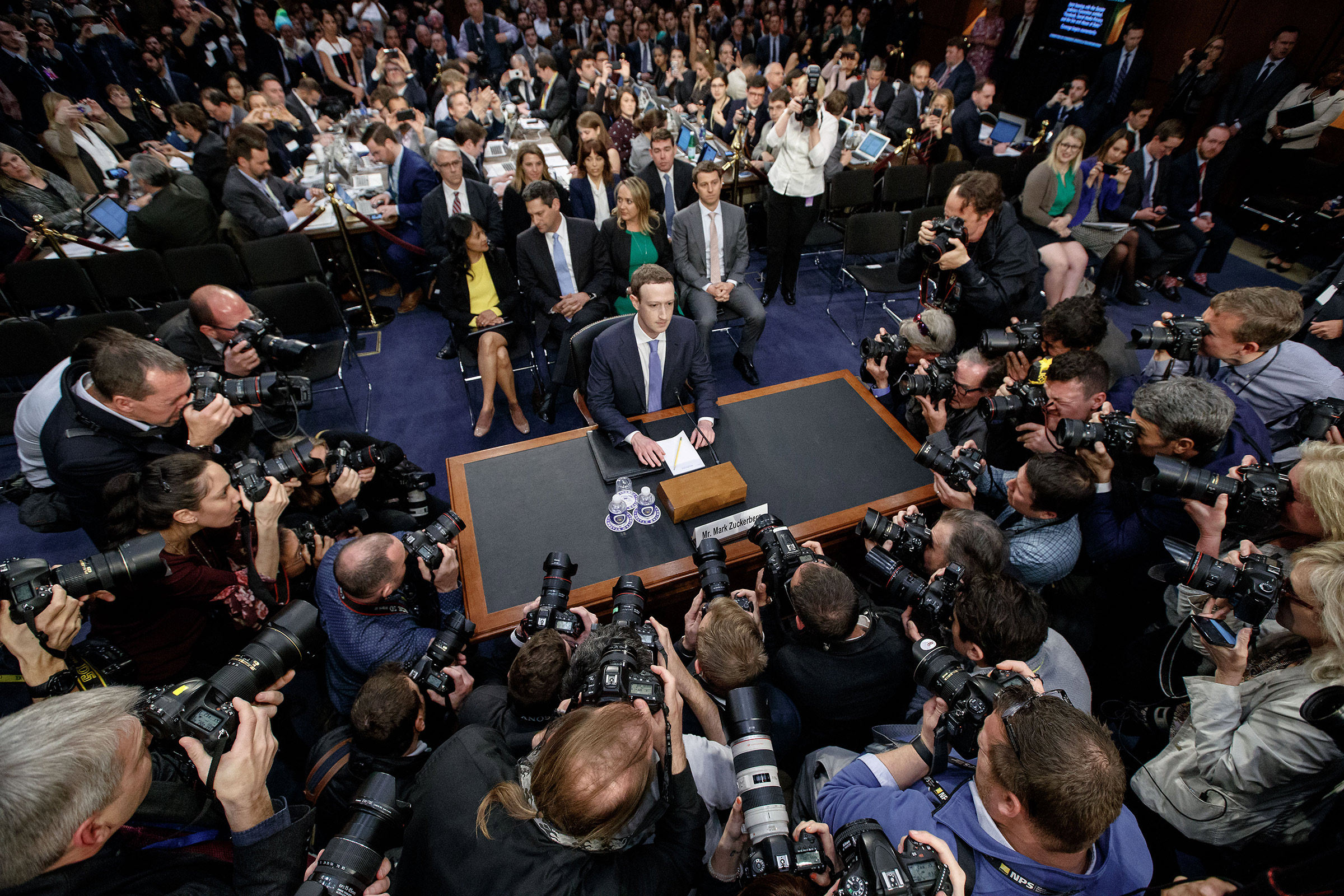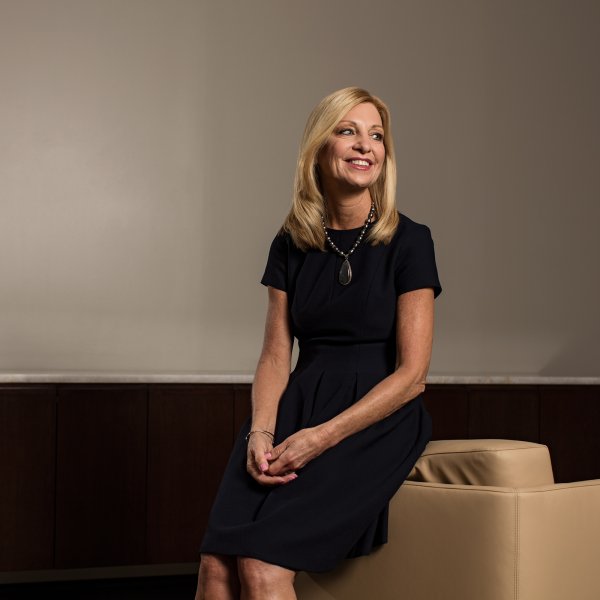Ahead of the 2020 election, Facebook strengthened its protections against foreign interference to avoid a repeat of 2016, when Moscow conducted a pro-Trump disinformation campaign on the platform. But Trump’s presidency and the pandemic presented a tougher foe: homegrown threats to truth and democracy. Despite Facebook’s rollout of new labels for election interference and COVID-19 misinformation, unsubstantiated claims continued to spread widely; dissemination of the QAnon conspiracy theory, for example, wasn’t banned until a month before the vote, and antivaccine misinformation reached millions of users before it was banned in February 2021, almost a year into the pandemic. Enforcing the bans remains a challenge. Still, under CEO Mark Zuckerberg’s leadership, Facebook has seen its market cap surge some 50% since the start of 2020, to $890 billion, suggesting that the company isn’t likely to change its business model anytime soon.
- Cybersecurity Experts Are Sounding the Alarm on DOGE
- Meet the 2025 Women of the Year
- The Harsh Truth About Disability Inclusion
- Why Do More Young Adults Have Cancer?
- Colman Domingo Leads With Radical Love
- How to Get Better at Doing Things Alone
- Michelle Zauner Stares Down the Darkness






